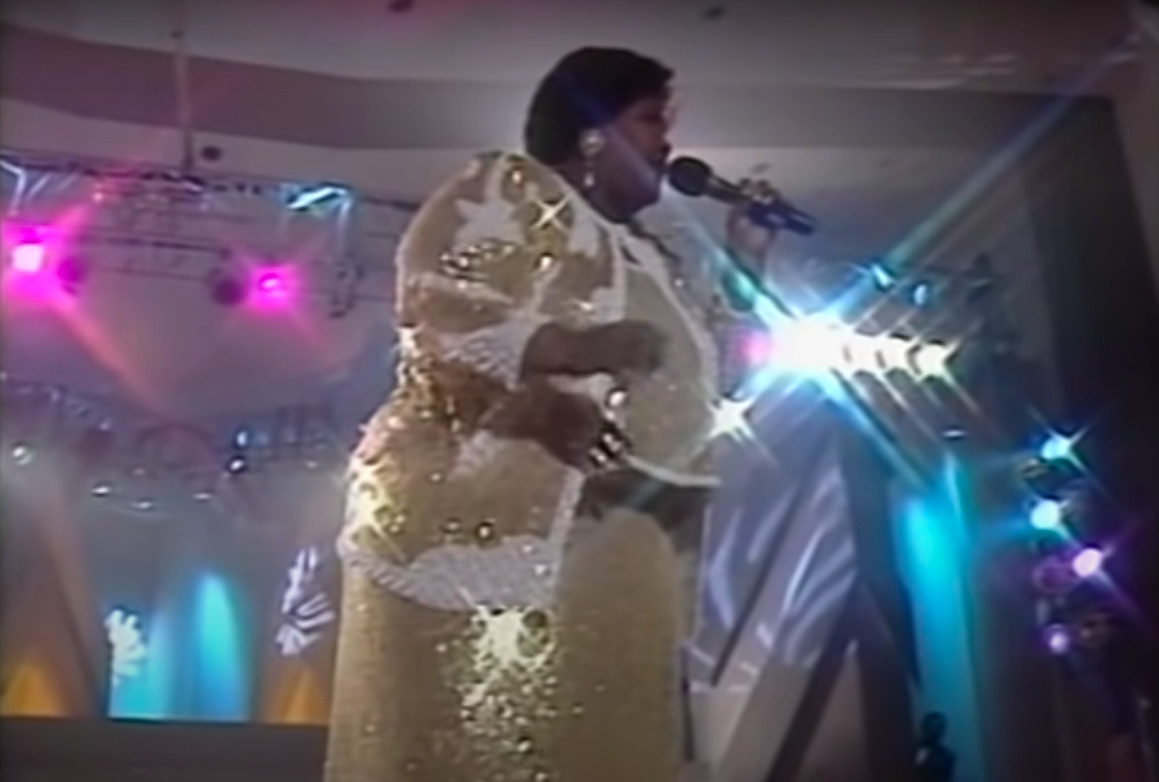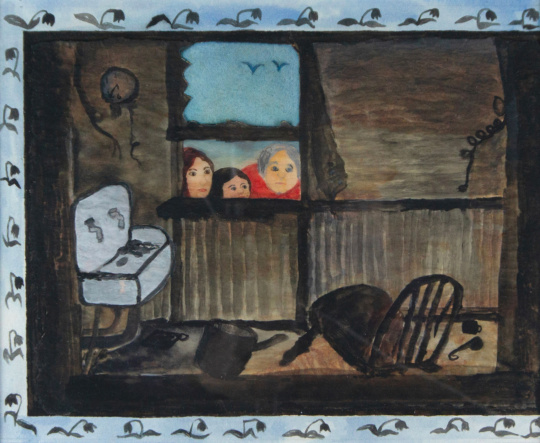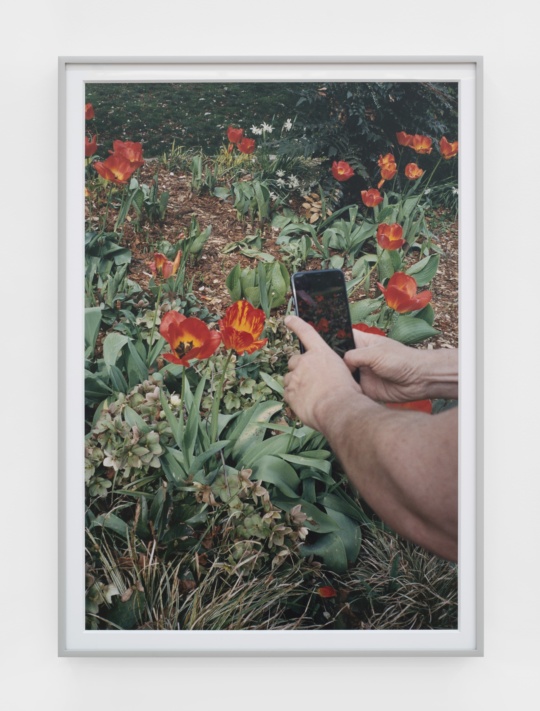
The angels in heaven done signed my name.
Lashun Pace
I have spent the better half of 2022 thinking about names — their meanings, naturally, but also their connotations, their etymologies, their longevity, and their commodification. As this column began to materialize, I questioned the tyranny of names, if they satisfied anything or anybody beyond ego. Perhaps names are more of a description of an emotional state or vibe than anything else — did that explain why so many new names are references to, or excerpts from, a predecessor? If names are purely emulative, is their primary function to convey a positioning within a pre-existing canon? If so, do names ultimately serve the namer, the named, or the hegemony of nomenclature? This could explain why artists and poets are so keen on the notorious non-name name, “Untitled.”
In my own writing practice, epigraphs have often proved more spacious, lawless, and seductive than titles or names. They allow for the call and response that I, as a Southern Black preacher’s kid and grandkid and great-grandkid, am more akin to. In addition to encouraging an ethics of direct citation, the epigraph allows writers to be playful, to tease. When titles do not represent the subject of a text, we are often vexed; when epigraphs do not represent the subject of a text, we are intrigued.
Out, Utterly is the name of Burnaway’s new poetry column. It is derived from the etymological root of the word exchange.[1] The column marks an exciting moment in Burnaway’s history, as we choose to solidify our kinship with Southern poets, a collaboration that has existed only fleetingly in the past. In addition to increasing our touch points throughout the Southern arts ecosystem, the primary purpose of this exchange is to offer a space where Southern poets can experiment with ekphrastic work and engage critically with Southern contemporary artists, a communion that already exists in vernacular spaces, residencies, and workshops.
The founders of Burnaway chose the magazine’s name from a William Faulkner quote: “So vast, so limitless in capacity is man’s imagination to disperse and burn away the rubble-dross of fact and probability, leaving only truth and dream.”[2] In response, I look to Audre Lorde’s essay, “Poetry is Not a Luxury,” in which she says, “I speak here of poetry as a revelatory distillation of experience, not the sterile word play that, too often, the white fathers distorted the word poetry to mean — in order to cover a desperate wish for imagination without insight…Poetry is not only dream and vision; it is the skeleton architecture of our lives. It lays the foundation for a future of change, a bridge across our fears of what has never been before.”[3]
The inaugural poet featured in Out, Utterly is Dallas-based poet Laura Neal. Her triptych of poems, “Hold / Whole,” leaks light onto the spiritual iconography that imbues the scenes rendered in Naudline Pierre’s hazy compositions. Existing in neither netherworld or the New Jerusalem, these paintings and poetry inhabit the marvels of the margins. As Laura so graciously illuminated to me, these figures are multiplicitous, perhaps alien or angel in the way that they exercise agency — they are guardians of a separate realm, “not really absent, but leaving.”
Witnessing these images of transition, of transcendence, a song by the late Anointed Pace Singer, Lashun Pace, comes to my mind. Her voice is meticulous — gut-wrenching belts turn pain from the inside, out. She speaks of redemption, of cool water that is no match for her soul. Many are mistaken, but there is fire in heaven, too. An angel of mine:
Who gestures toward me a name / seraphic, the burning one /
[1] The late Middle English word exchange is derived from the Old French word, eschange. The Latin prefix ex- translates roughly to “out, utterly.”
[2] William Faulkner, Requiem for a Nun (New York: Vintage Books, 1951), 205.
[3] Audre Lorde, Sister Outsider: Essays and Speeches (Trumansburg, NY: Crossing Press, 1984), 37-38.




